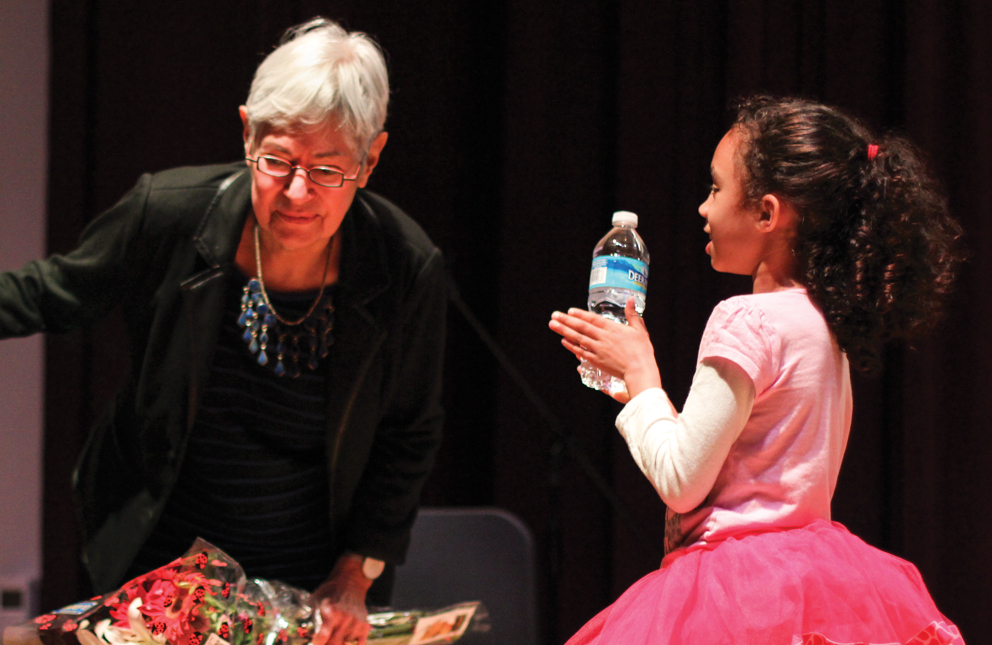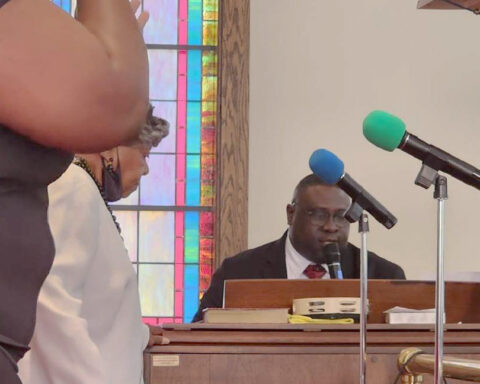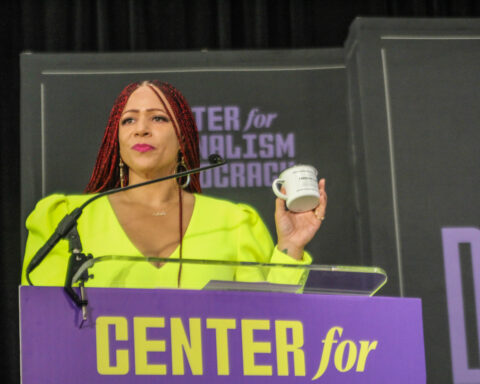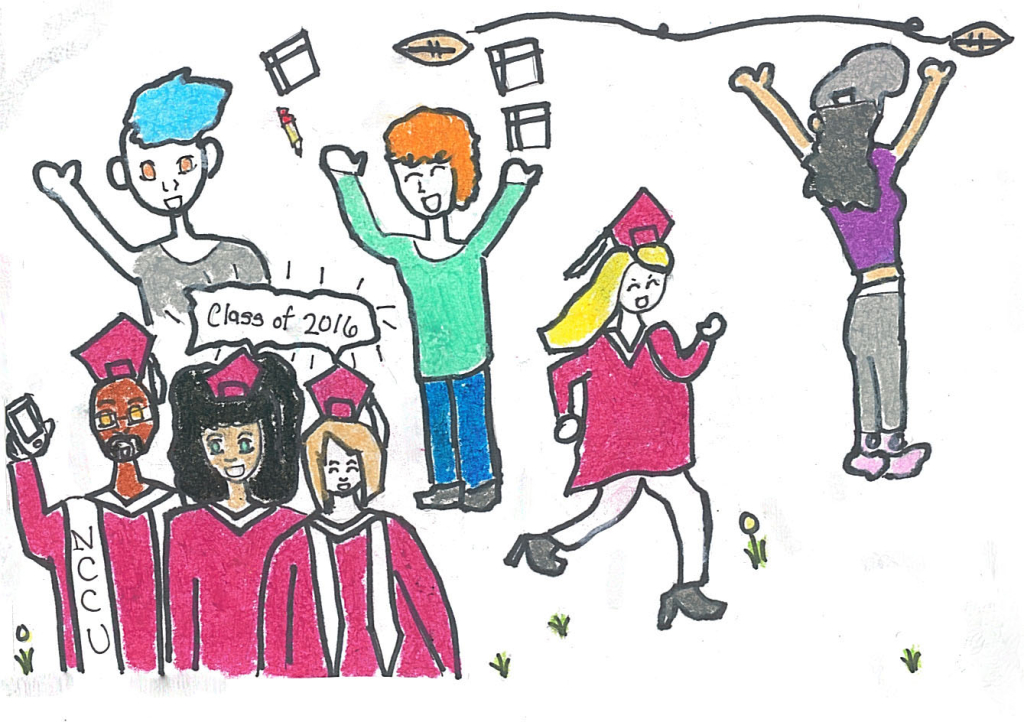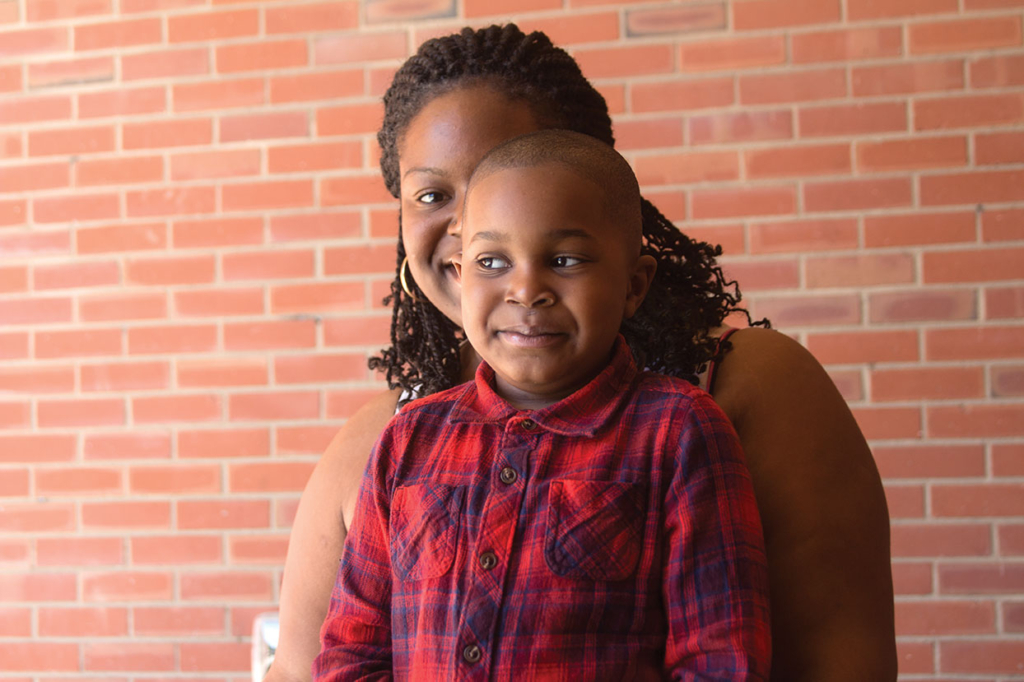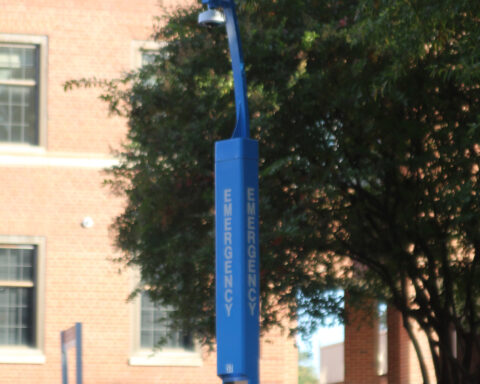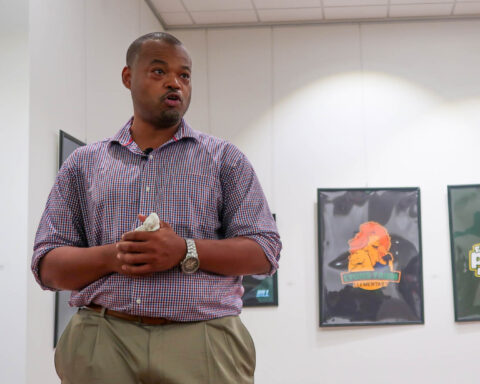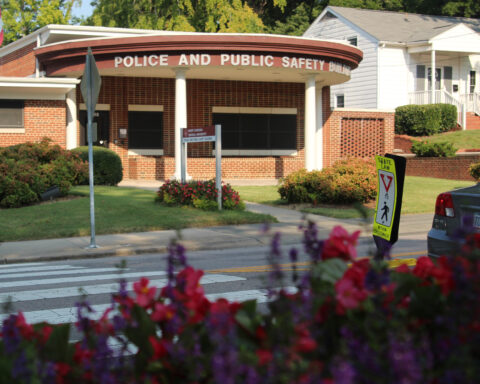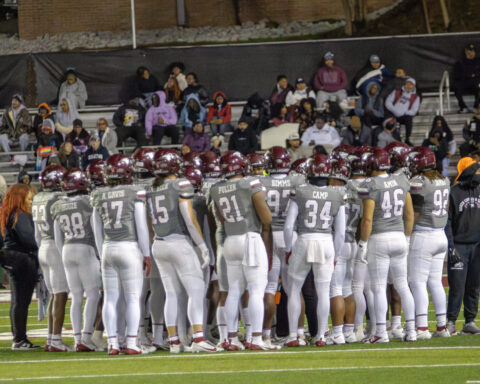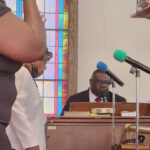Holocaust survivor Renee Fink told a B.N. Duke Auditorium audience of about 100 the story of her life, Thursday, March 31.
Fink is one of 12 “Hidden Child” representatives of the N.C. Holocaust Speakers Bureau. In holocaust studies “Hidden Children” were spared from the Nazi extermination campus because families, often strangers, concealed them them during the duration of World War II.
Fink was four years old when her parents, living in Nazi occupied Holland, were sent to Auschwitz, a Nazi extermination camp.
Many years later she would find out that her mother was killed almost immediately in Auschwitz and her father would die in Poland as a slave laborer. Fink was left alone to wander the streets.
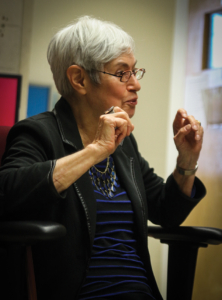
She was rescued by Maria Van Der Brink while riding her bicycle. Van Der Brink, a Catholic, recognizing Fink as Jewish, scooped her up, and hid her for the next four years.
The heroic act put the lives of the entire Van Der Brink family at risk. To protect her Jewish identity Fink practiced Catholicism and learned to speak Dutch.
She recalled Nazis home inspections where they searched for Jews.
“Some Jews dyed their hair to look more American, but I got to keep my natural color.” She covered her head around Nazis by sitting with a cone on her head, while her family pretended she was crazy.
The tactic Fink called the “most hilarious” was when she stayed in bed pretending to have tuberculosis.
“I never saw anyone run in fear so fast!” she chuckled at the memory.
Fink said it took her years to understand that being hidden as she was, was a unique experience, and that she was lucky to have survived the Nazi extermination of over six million Jews.
“I did not realize this was wrong, I thought it was normal for majority of my life,” she said.
At the end of the war Fink was eight years old, and the Van Der Brinks had become her family.
“I consider myself very fortunate to have had a good family, and not have horror stories like many other children who went into hiding,” she said.
She would be reunited in 1948 with first with her grandmother in New York and then with her cousins in a small town in upstate New York.
She was terrified of the boat trip to the United States. “I was afraid I would drown,” she joked.
Between the ages of 10-19 Fink made a habit of running away because of an abusive cousin and because she hated being the “novelty” of being the only European Jew in the small town.
She then moved alone to Queens, New York, where she worked and attended college in Brooklyn.
She met her husband, Edward Leon, when she was 21, who encouraged her to reconnect with her rescuers, the Van Der Brinks.
In 1960 she wrote the Van Der Brinks a letter. She didn’t hear back from them for over 50 years, in 2014.
She has since reunited with the Van Der Brinks, and tried to relearn Dutch, as a gift to the family.
Fink was very critical of the current state of American political discourse, especially the stigmatization and bullying of gays, Latinos, and African-Americans.
“My take away message would be that we cannot allow our humanity to be taken away.”

